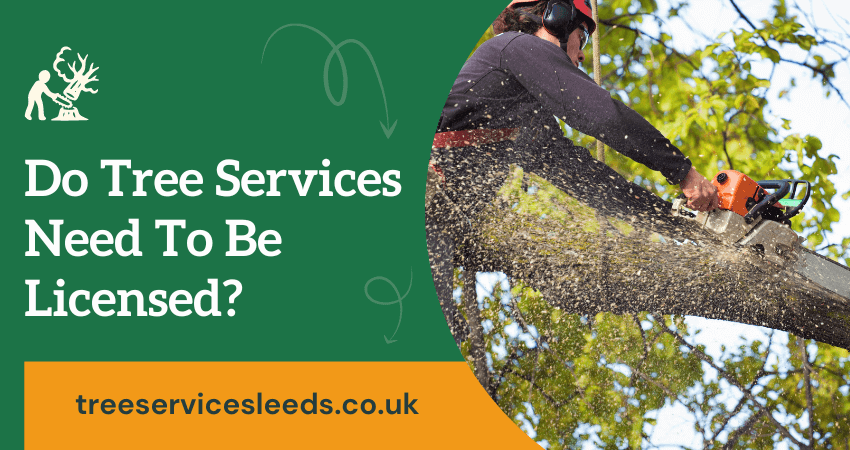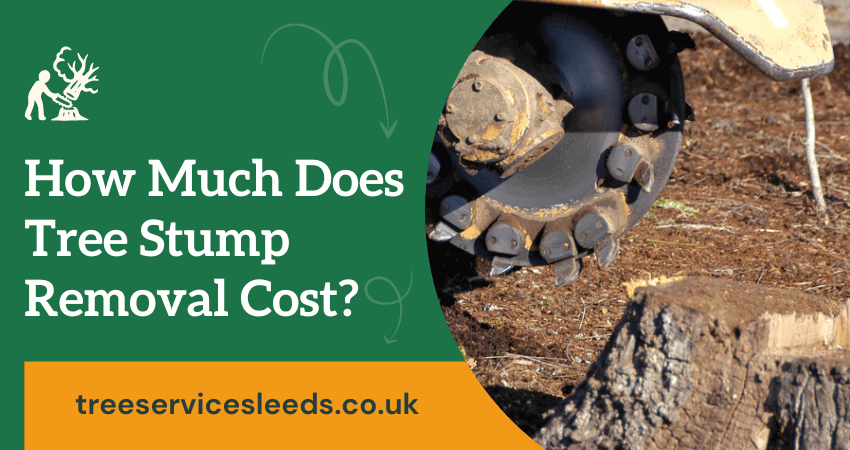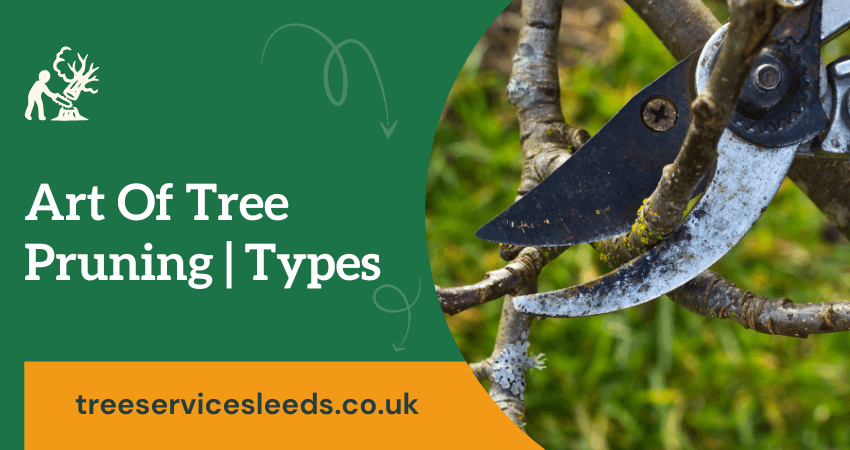Trees are an essential part of our environment, providing numerous benefits such as clean air, shade and aesthetic appeal. However, as trees grow and mature, they may require maintenance and care to ensure their health and safety. This is where tree services come in. Tree services refer to the professional care, maintenance and removal of trees. But the question arises, do tree services need to be licensed?
In this blog post, we will explore the importance of licensing for tree services and the benefits it brings to both the service providers and the clients. We will also discuss the regulations and requirements for obtaining a license in the tree service industry.
Do tree services need to be licensed?
Yes, in most cases a tree service will need to be licensed. Depending on the state and local regulations, the requirements for obtaining a tree service license can vary. Generally speaking, tree services must have a valid business license from their state or county as well as appropriate certifications and insurance policies.
Additionally, certain states may require individual technicians to be licensed as well. It is important to do your research and make sure that any tree service company you are considering hiring is properly licensed, insured and certified. This will ensure that the job is done safely, correctly and to the highest standards of quality.
Benefits of licensing tree services
Licensing tree services can offer numerous benefits to both homeowners and business owners. These include
- Professionalism and expertise: Licensed tree services to have the experience and knowledge to handle any type of tree care project, from pruning to removal. The specialists have the proper training and certification to ensure that all work is done correctly and safely.
- Safety: A licensed tree service can identify potential hazards before they become a problem. These professionals are experienced in identifying potential risks and have the proper safety equipment to handle any situation.
- Efficiency: Licensed tree services can complete projects quickly and efficiently, allowing homeowners and business owners to focus on other important tasks. Additionally, licensed arborists are trained to use the latest equipment and techniques for maximum results with minimal downtime or disruption.
- Quality: Licensed tree services to use high-quality materials and techniques. This ensures that the work will last longer and require less maintenance in the future.
- Cost-effectiveness: Hiring a professional tree service is often more cost-effective than attempting DIY projects or hiring unlicensed contractors, who may not have the necessary experience or expertise. With a licensed tree service, you can be sure that all work is done correctly and according to industry standards.
- Environmentally friendly: Licensed tree services use the latest sustainable practices and methods to ensure minimal disruption and environmental impact. This includes using organic products, recycling pruned branches and leaves and using best practices for the disposal of debris.
- Peace of mind: Knowing that your project is in the hands of a team of experts who are qualified and experienced to handle any situation will give you peace of mind. A licensed tree service will provide quality results that are safe, efficient and cost-effective.
Overall, hiring licensed tree services can save you time, money and effort, while ensuring quality and safety.
Risks of unlicensed tree services
There are several risks associated with hiring unlicensed tree services, including
- Safety hazards: Unlicensed tree services may lack the necessary training, experience and safety equipment to perform tree work safely. This can result in accidents, injuries and property damage.
- Legal liability: If an unlicensed tree service causes damage or injury, the client may be held liable for the cost of repairs or medical bills. This can result in significant financial burdens and legal issues.
- Lack of insurance coverage: Unlicensed tree services may not have liability insurance to protect their clients in case of damage or injury. This can leave clients vulnerable to financial losses if an accident occurs.
- Poor work quality: Unlicensed tree services may lack the expertise and knowledge required to perform quality tree work. This can result in poor workmanship, improper pruning and other issues that can harm the health of the trees.
- Lack of accountability: Unlicensed tree services are not accountable to any regulatory authority which means they may not follow local, state or federal regulations related to tree care. This can result in illegal or improper tree work that can harm the environment or neighboring properties.
Overall, hiring unlicensed tree services can be risky and potentially costly. It is important to verify the licensing and insurance status of any tree service provider before hiring them to perform work on your property.
Examples of states or countries that require licensing for tree services
Here are some examples of states and countries that require licensing for tree services:
| State/Country | Licensing Requirement |
| United States | Many states, including California, Florida and Texas, require tree service contractors to hold a state license or certification. Some states, such as New York and Oregon, require tree care businesses to register with the state. |
| Canada | In Ontario, tree care companies must hold a license issued by the Ministry of the Environment and Climate Change. Other provinces, such as British Columbia and Quebec, do not require licensing but have voluntary certification programs. |
| United Kingdom | Tree work businesses must hold a license issued by the local council and the workers must hold a certification from a recognized industry body, such as the Arboricultural Association. |
| Australia | In some states, such as Queensland and Victoria, tree work contractors must hold a license issued by the state government. Other states have voluntary certification programs, such as the Queensland Arboricultural Association. |
It’s important to note that licensing requirements can vary by state, province or country and can change over time. It’s best to check with your local regulatory authority to determine the current licensing requirements for tree services in your area.
What are the legal requirements for tree services?
The legal requirements for tree services vary depending on the country and state or province in which they are being performed. However, here are some general guidelines:
- Licensing and Certification: In many places, tree service companies are required to have a license or certification to operate legally. This may involve passing an exam or meeting certain training and experience requirements.
- Insurance: Tree service companies should have liability insurance and workers’ compensation insurance to protect themselves and their clients in case of accidents or injuries.
- Permits: In some areas, permits may be required before tree removal or pruning work can be performed. This is especially true for trees that are protected by local laws, such as heritage trees or trees in environmentally sensitive areas.
- Safety Standards: Tree service companies should follow safety standards and guidelines established by industry organizations such as the International Society of Arboriculture (ISA) or the Tree Care Industry Association (TCIA).
- Environmental Regulations: Tree service companies should follow environmental regulations and guidelines when disposing of tree debris and waste.
It’s essential to check with local authorities and consult with a professional tree service company to ensure that all legal requirements are being met when seeking tree services.
FAQs – Tree Services Needs License
What is a tree service license?
A tree service license is a permit issued by the state or local government that allows a business to operate as an arborist, tree trimmer or other tree care professional.
These licenses are required in order to legally practice for both the consumer and the professionals involved. The license also ensures that all employees have been adequately trained in the necessary skills and safety protocols for the job.
What kind of tree-related services requires a license?
The services that require a license may vary depending on the state or country you are in. Generally, services that involve pruning, trimming, removal or planting of trees may require a license.
Additionally, services such as landscape design that involve engineering and/or technical expertise may also require a license. In any case, it is important to check with your state or local government for specific regulations in your area before performing any tree-related services.
How can I verify if a tree service is licensed?
You can verify if a tree service is licensed by checking with your state or local government agency that regulates tree services. You can also ask the tree service provider for their license number and verify it with the relevant agency.
Additionally, you should always ask for references from the tree service provider and make sure they have insurance to protect you in case of any accidents or damage.
Final Words
Licensing requirements for tree services depend on the state or country, it is generally advisable for tree services to be licensed. Licensing ensures that the tree service provider is properly trained and qualified to perform the job safely and efficiently. It also ensures that the provider is insured which protects the homeowner from any damages or accidents that may occur during the tree service process.
Moreover, licensing regulations vary from state to state, so homeowners need to research the licensing requirements in their area before hiring a tree service provider. Ultimately, obtaining a license can help establish credibility and trust with potential clients, which can be beneficial for growing a successful tree service business.




